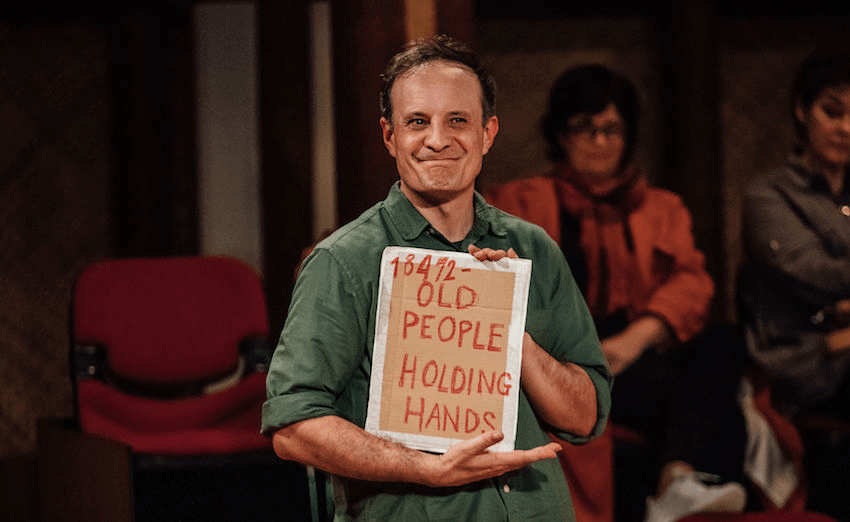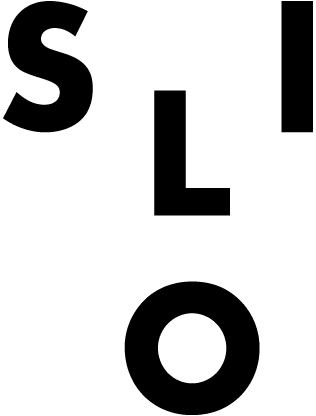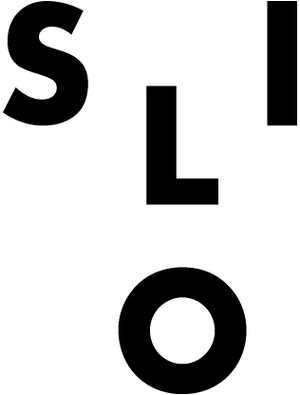Theatre has been used as a medium to communicate society’s toughest issues for hundreds of years. Every Brilliant Thing is a show by Silo Theatre company encouraging thoughtful discussion of depression and suicide in a year where people’s mental health has been put under heavy pressure.
As we shuffle into the opening performance of Every Brilliant Thing at Auckland’s Samoa House, we’re handed numbered cards with brief phrases on them and given simple instructions – when your number is called, read your card.
Yells of “ice cream”, “bubble wrap” and “Jonah Lomu” from the audience punctuate the often heavy monologues about a child dealing with trauma in a way only a child can. As the main character grows and spirals into his own form of the depression that plagued his mother, the audience plays their part in helping him through it, reading to him from his own list of “every brilliant thing” in the world.
Audience participation has a varied reputation: a device often deployed to get a laugh, it’s certainly not everyone’s cup of tea. In Every Brilliant Thing, it’s used with a clear purpose: to help guide us gently through the narrative of depression and suicide.
The arts are an important tool for both the communication of that narrative and for rewriting it. They help to give people new perspectives and facilitate discussions that otherwise may not occur. But when money is tight and the economy is weak, the arts are often the first thing to be lost. A report by the Ministry of Culture and Heritage from April 2020 estimated that employment in the sector would see a decline of over 11% in the year to March 2021, compared to 9.8% across the entire New Zealand economy.
But despite that, statistics show that people turned overwhelmingly towards the arts for comfort in 2020. Netflix reported 15.77 million new subscribers worldwide in April, as New Zealand was in the midst of its first level four lockdown.
During that time, mental health hotline Lifeline fielded hundreds of calls every day from New Zealanders in distress, with a 25% increase in calls and texts during April and May. Massey University surveyed 1,000 people and found almost half of them had experienced depression over lockdown. Covid-19 has had an obvious effect on people’s mental health.
Accessing art helped thousands – even millions – of people get through lockdown. From those needing a break from the grim reality of the pandemic to parents wanting some easy entertainment for the kids, the arts were a perfect distraction.
For some artists, the lockdown period provided extra time to create. Finding ways to perform and connect with people experiencing the wave of emotions seemed more important than ever. Professor Peter O’Connor, director of the Centre for Arts and Social Transformation at the University of Auckland, says it’s often during times of hardship that people look to the arts.
“What got us through lockdown? It was music. Can you imagine lockdown without music? Can you imagine lockdown without movies, without art, without all those things?”
Sophie Roberts is the artistic director at Silo Theatre and says while Every Brilliant Thing seems like it was made for a time like now, it was actually programmed by Silo last year – a testament to the ever-relevant mental health themes.
“On any given night it would be hard to find someone in the audience who hasn’t been affected by suicide in some way, shape or form, or had an experience of depression either themselves or a loved one. It’s something we all have a relationship to and it’s really hard to find theatre work that speaks to that in a way that’s as uplifting and sophisticated as this.”
Roberts first saw the show in 2014 in Edinburgh and says she had to bring it to New Zealand. While the timing of the play was coincidental in a way, she says it’s the perfect antidote to a year characterised by isolation.
“The show presents as really basic, ancient storytelling. You’re in a circle, in the room around the ‘campfire’ and that just felt like the perfect way to come back to the theatre after being around screens for six months.”
Actor Rob Mokaraka knows first hand the impact that the arts can have for people struggling with mental health issues. He’s been touring the country with his show Shot Bro: The Confessions of a Depressed Bullet for over three years. The story he tells is his own, one that involves a suicide attempt a decade ago, and the journey he’s been on since then to get better.
Mokaraka says creativity is one of the most important assets there is to help bring perspective to situations that are so often dealt with in the dark.
“Sometimes when you are lost at sea with no tools you start to believe what society has said to you, and what your family has said to you because they also didn’t have the tools,” he explains.
Those tools, he says, can’t be found in a government report or dataset. While statistics play an important role in outlining the extent of an issue and helping to create policy, they’re not made for those people going through hard times.
“You don’t get emotions in a report. You don’t get emotions in a study. You might become emotional but you can’t really emote through a document – and that’s where art can come in, to provoke thoughts and feelings and gain a response.”
O’Connor sees theatre as an “intensely human experience” that can’t be replicated on a piece of paper.
“It’s about seeing, in that make-believe, the reality of the statistic. We can talk about the fact that the equivalent of 1.5 New Zealanders take their lives every day, and those statistics are horrifying, but when you engage with that in the theatre, in the story, in the moment, it impacts your whole body.”
Theatre has always been a device for communicating difficult themes, says O’Connor. It’s theatre’s role to facilitate discussion, and plays have been raising awareness of suicide and mental illness for centuries.
“The most powerful piece of theatre I saw as a young man was about mental illness and suicide; it was called Romeo and Juliet. Two young lovers who weren’t allowed to be in love with each other and they both die.
“Theatre must always be a place where, because of what you’ve seen, the conversation changes. We need to change the conversation about suicide, we need to change the conversation about mental illness.”
Roberts says the civic responsibility of theatre to encourage and direct these crucial discussions is often overlooked, but is part of the reason why the performing arts are so important.
“It’s about helping people to understand their experiences, to find clarity in times of extreme confusion or help them find a pathway through trauma. Sometimes it is just about pure entertainment but I do think there’s a civic responsibility in how you use that platform on the stage to make people feel less alone and more understood.”
While it may be the artist’s job to reflect society back on itself, Roberts says great care needs to be taken any time a performance dealing with these issues is created, to ensure the audience is safe both in the performance space and once they leave.
“It’s about finding that balance of how we manaaki the audience, how we design the space, it’s about who you hire to be your ushers, your ticketing people, what your seating looks like. That all needs to be considered to make people feel safe… We’re not mental health professionals so it’s also about directing people towards the right kinds of services.”
For O’Connor, this audience care looks like a ray of hope. It’s the artist’s obligation, he explains, to give their audience hope, especially when dealing with themes like suicide.
“Artists have a moral obligation to remind us that the world can be better. We all have that obligation, as human beings. That sits at the heart of everything.”
In Every Brilliant Thing, that care is in the audience participation, the blend of darkness and comedy, and the way it warmly treats its audience while demanding their engagement. That hope lies not only in the character on stage, but with the clear message the play gives society to address the suicide epidemic.
Book tickets for Every Brilliant Thing at eventfinda.co.nz.
Need to talk? Free call or text 1737 any time for support from a trained counsellor.
Lifeline – 0800 543 354 (0800 LIFELINE) or free text 4357 (HELP)
Youthline – 0800 376 633, free text 234, email talk@youthline.co.nz or online chat
What’s Up helpline for tamariki and rangatahi – 0800 942 8787
Samaritans – 0800 726 666
Shine (domestic violence helpline) – 0508 744 633
Women’s Refuge – 0800 733 843 (0800 REFUGE)
Alcohol and Drug Helpline – 0800 787 797 or online chat
Are You OK (family violence helpline) – 0800 456 450
Rape Crisis – 0800 883 300 (for support after rape or sexual assault)


